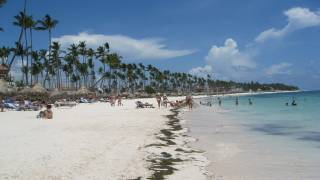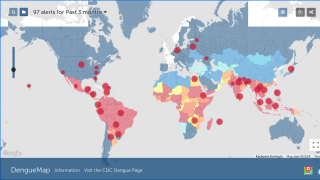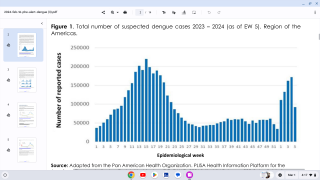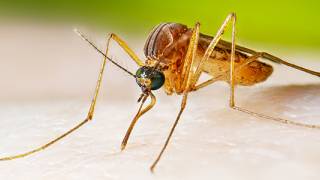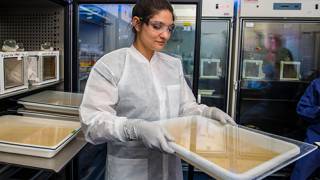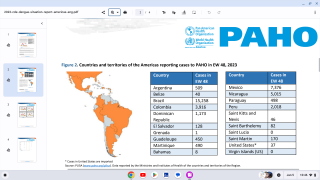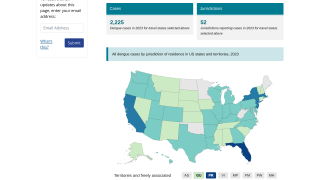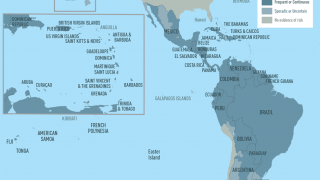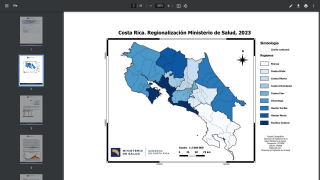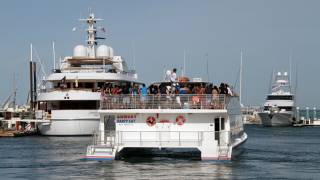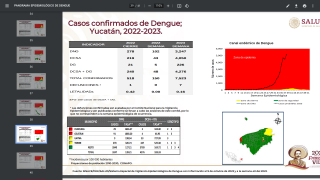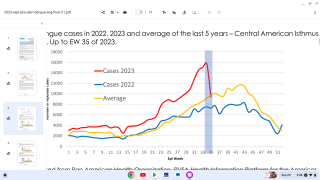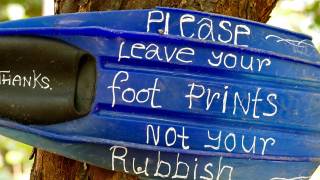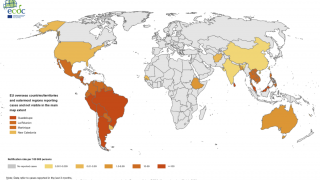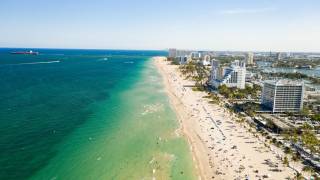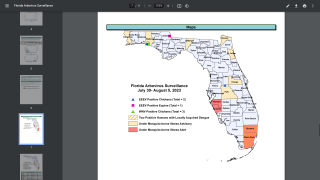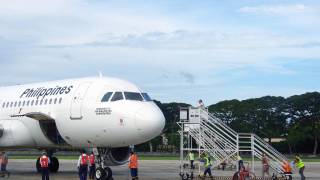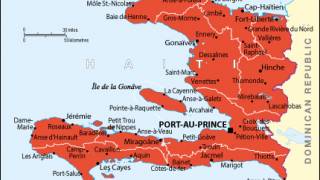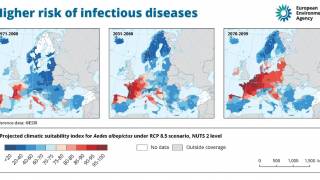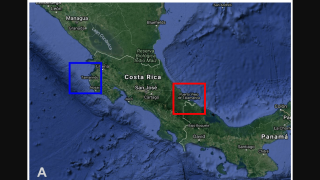The Republic of the Marshall Islands Declares Dengue Emergency, Restricts Travel
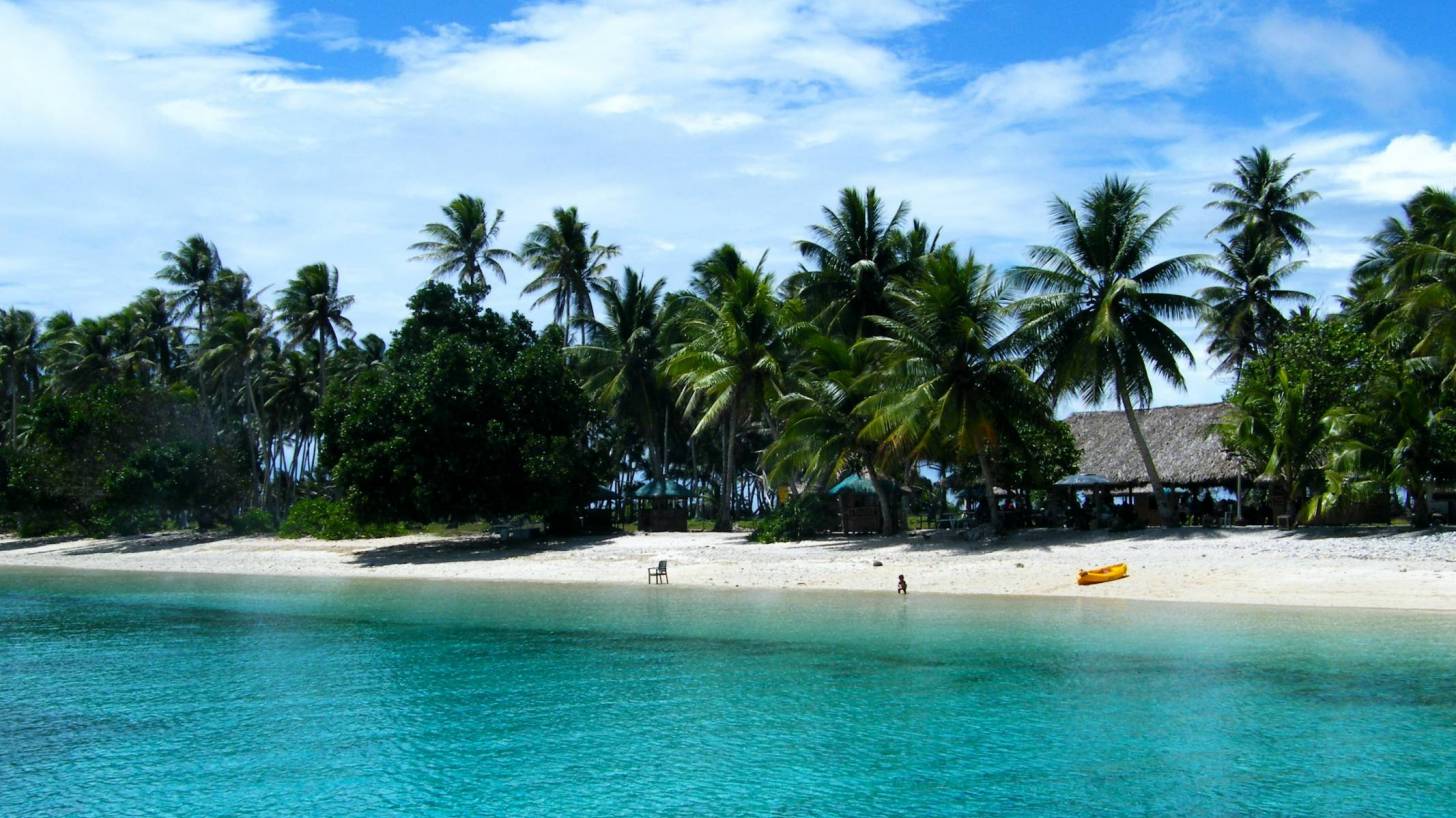
The Republic of the Marshall Islands has declared a health emergency after a dengue outbreak was confirmed.
According to RNZ News, President Hilda C. Heine signed the emergency declaration on August 6, 2019, which ‘approved over $450,000 to be used by the Ministry of Health and Human Services (MoHHS) to counteract the dengue outbreak centered on Ebeye Island.’
The 1st case of dengue virus type 3 was confirmed on Ebeye Island during the week of August 1, 2019. Since then, 21 additional cases are listed as "probable."
Dengue is the most common mosquito-borne viral illness in the world and is endemic throughout the tropics.
And, the MoHHS Secretary of Health Jack Niedenthal issued a domestic travel advisory on August 7th, restricting domestic travel from Ebeye to the outer atolls.
"In response to the State of Health Emergency because of the Dengue Fever Outbreak, the MoHHS is making a considerable effort to protect the Outer Island communities from the introduction of Dengue," said Niedenthal in a memo.
"This travel advisory directs that "all sea and air vessels must adhere to this travel advisory and must not board or permit any person from Ebeye to travel to the outer islands."
Ebeye is the most populous island of Kwajalein Atoll in the Marshall Islands, which are located in the central Pacific Ocean, between Hawaii and the Philippines.
According to the MoHHS, traveling between the Pacific Islands and dengue-endemic countries such as the Philippines facilitates dengue virus circulation, which may result in outbreaks.
This is important news since Ebeye Island is located next to the US Army Garrison on Kwajalein Atoll, which has about 900 US workers living on Ebeye Island. The Marshall Islands and the USA have an extensive relationship, beginning with a ‘Compact of Free Association’ in 1983.
The USA and the Marshall Islands have full diplomatic relations and conduct its own foreign relations, it does so under the terms of the amended Compact. Under the amended Compact, the United States has full authority and responsibility for security and defense of the Marshall Islands.
Dengue was first detected in the Republic of the Marshall Islands (RMI) during an outbreak in 1989 in which DENV-1 was isolated from cases on Majuro, Kwajalein and Ebon atolls.
In 1990 and 2004, DENV-2 and -1, respectively, were detected in serum specimens collected from RMI residents.
Dengue was last identified in the Marshall Islands in 2011 when the nation was hit with 1,603 cases of type 4 dengue.
Infection with any of the 4 dengue viruses (DENV-1–4), which are transmitted by Aedes species mosquitoes, can result in dengue fever, which is an acute febrile illness characterized by headache, body pain, retro-orbital pain, rash, and leukopenia.
Although most dengue infections are asymptomatic, about 5 percent of dengue patients may develop severe dengue and including dengue hemorrhagic fever.
The U.S. Centers for Disease Control and Prevention (CDC) estimates more than one-third of the world’s population is living in areas at risk for infection by dengue virus which causes dengue fever, a leading cause of illness among people living in the tropics and subtropics.
Although dengue cases are rare in the continental USA, the disease is regularly found in American Samoa, Puerto Rico, Guam, the U.S. Virgin Islands, as well as Latin America, Southeast Asia, and the Pacific Islands.
As of July 2019, there were 144 travel-related dengue cases reported in the USA, led by the states of California, Florida, and New York.
And on August 6th, the state of Florida reported the 1st locally-acquired dengue case during 2019.
There is a CDC approved preventive vaccine available for the dengue virus. The Dengvaxia vaccine is approved in over 20 countries, including the USA.
On May 1, 2019, Dengvaxia became the first vaccine approved in the USA for the prevention of dengue disease in people ages 9 through 16, who have laboratory-confirmed previous dengue infection, and who live in endemic areas caused by all dengue virus serotypes.
Dengvaxia is a live, attenuated vaccine that is administered as 3 separate injections, with the initial dose followed by 2 additional shots given six and twelve months later.
The vaccine was determined to be approximately 76 percent effective in preventing symptomatic, laboratory-confirmed dengue disease in individuals 9 through 16 years of age who previously had laboratory-confirmed dengue disease.
A blood test is the only way to confirm a dengue diagnosis.
The CDC says before being vaccinated with Dengvaxia, inform your healthcare provider if you have dengue symptoms or live in or have recently traveled to an area with risk of dengue.
Regarding health risks to Marshall Island visitors, the CDC suggested on July 15, 2019, that visitors are current with certain vaccines, such as Routine Vaccines and the measles-mumps-rubella (MMR) vaccine.
The Marshal Islands is included in the CDC’s Global Measles Outbreak Notice, issued on June 10, 2019.
Pre-departure vaccination services, related travel medications, and counseling appointments can be scheduled with a local pharmacy by visiting Vax-Before-Travel.
Additional financial support programs can be found at Vaccine Discounts.
Vaccines, like any medicine, can cause side effects. You are encouraged to report vaccine side effects to your healthcare provider or the CDC.
Our Trust Standards: Medical Advisory Committee
- Marshalls restricts domestic travel in wake of dengue outbreak
- Hilda C. Heine, President of the Republic of the Marshall Islands
- Marshall Islands General Health Risks: Dengue
- Characteristics of a Dengue Outbreak in a Remote Pacific Island Chain – Republic of the Marshall Islands, 2011–2012
- U.S. Relations With Marshall Islands
- US Department of State: Marshall Islands - Level 1: Exercise Normal Precautions
- Health Information for Travelers to Marshall Islands
- Florida Health: HEALTH OFFICIALS ISSUE MOSQUITO-BORNE ILLNESSES ADVISORY

